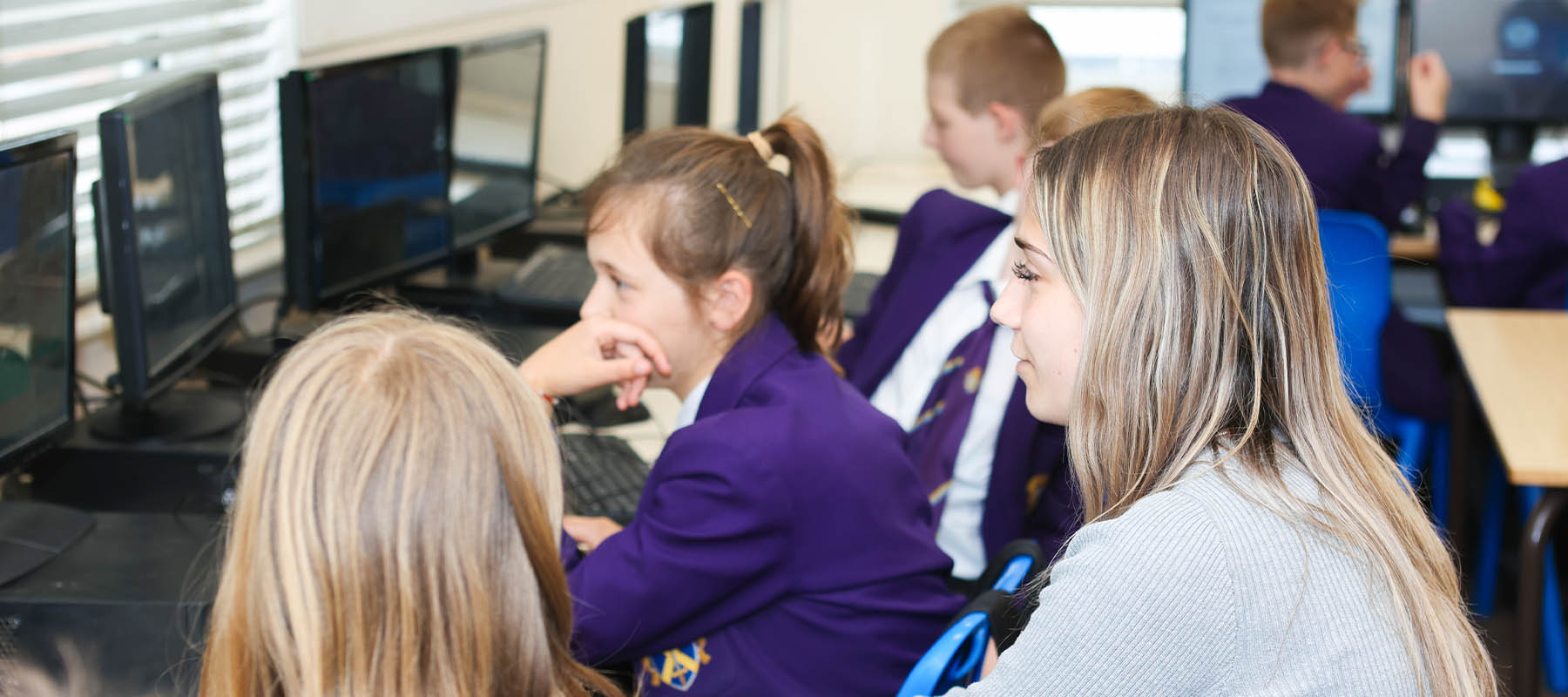KS4 Media Studies
The Media GCSE syllabus teaches analysis of a broad range of modern and historical media texts, from 1950s magazine advertising to contemporary online videogames.
Halfway through the course In Year 10, students are then challenged to create professional-looking cross-media productions using their own photography and designs. Through these tasks, students build critical thinking and visual communication skills.
These days, every company must be acutely aware of how it presents itself to the world; Media Studies students are best placed to help them with that.
Course Details
GCSE Media Studies, Eduqas.
Specification – https://www.eduqas.co.uk/qualifications/media-studies-gcse/#tab_overview
Course Description
GCSE Media Studies engages students in the in depth study of media products in relation to the four areas of the theoretical framework:
- media language
- media representation
- media industries
- media audiences.
Students will need to consider aspects of style, presentation, values, audience and representation and show their understanding of the relevant codes and conventions. Students need to show awareness of new technologies involved in the production and consumption of the media. Students will explore current debates and audience issues, as well as issues of bias and representation. Production skills will be expected with candidates showing effective practical skills such as storyboarding, scripting, selecting and editing and other design skills appropriate to the topic.
Programme of Study
Component 1 – Exploring the Media – 40%
This component provides a foundation for analysing media products, introducing learners to media language and representation through the study of print media forms. Learners will develop their ability to analyse media language, representations and meanings in a range of media products. In addition, learners will study products from specific media industries and audiences to develop their knowledge and understanding of those areas of the theoretical framework. Learners will also begin to explore how media products reflect, and are influenced by, the social, cultural, historical and political contexts in which they are produced. The following media forms will be studied: Newspapers, advertising and marketing, magazines, radio, video games and film.
Component 2 – Understanding Media Forms and Products – 30%
This component builds on the introduction to key areas of the theoretical framework provided in Component 1. In Component 2, learners will gain a deeper knowledge and understanding of media language and representation, as well as extending their appreciation of these areas through the study of media industries and audiences. Learners will also develop knowledge and understanding of how relevant social, cultural, political and historical contexts of media influence media products. In this component learners will explore particular media forms in depth through both of the following topics:
- Television: crime drama or sitcom
- Music: music video and online media.
Component 3 – Creating Media Products – 30%
This component draws together knowledge and understanding of the media theoretical framework gained throughout their course by requiring learners to apply their knowledge and understanding of the media synoptically through practical production. In Components 1 and 2, learners gain a detailed understanding of media language, representation and audience in relation to a range of media forms. In this component, learners must apply their knowledge and understanding of media language and representation to an individual media production for an intended audience in response to a choice of briefs set by the exam board.
Assessment
Component 1 – Exploring the Media
- Written examination: 1 hour 30 minutes
- 40% of qualification
- 80 marks
Component 2 – Understanding Media Forms and Products
- Written examination: 1 hour 30 minutes
- 30% of qualification
- 60 marks
Component 3 – Creating Media Products
- Non-exam assessment: internally assessed and externally moderated by WJEC
- 30% of qualification
- 60 marks
Home Learning
Students will be given homework tasks each week to complete, these will be set on Show My Homework and include activities such as: analysing media texts, reading newspapers, creating a media product.
As well as completing the weekly homework tasks, students should be reading through their class notes after each lesson to check what they understood, so they can ask their teacher questions or for more help if needed, as well as to help them store the information learnt in their long term memory. Creating revision materials throughout the course has aided students when it comes to revising when exams approach.
Where can Media take you
Further Study
A Levels / College courses in:
- Performing arts
- Broadcast
- Publishing
- Journalism
- Advertising and marketing
- Film Studies
- Media Management
- Television Studies
Careers
This course allows students to gain an insight into all types of information and the ways in which we receive it, this is a valuable skill and would be beneficial in a number of jobs including:
- Advertising
- Broadcasting
- Social networking
- Design
- Film production
- ICT, journalism
- Music
- Publishing
- Sales
How can parents support their child’s learning
- Encourage your child to question what they see or hear in the media.
- Encourage your child to stay up to date with what is in the news.
- Encourage your child to explore a range of media products including newspapers and radio.
- Take an interest in your child’s learning when completing work at home.
Useful Links
- Exam Board – eduqas.co.uk
- BBC Bitesize – bbc.co.uk/bitesize
- Media Knowall – mediaknowall.com
- Seneca Learning – senecalearning.co.uk


